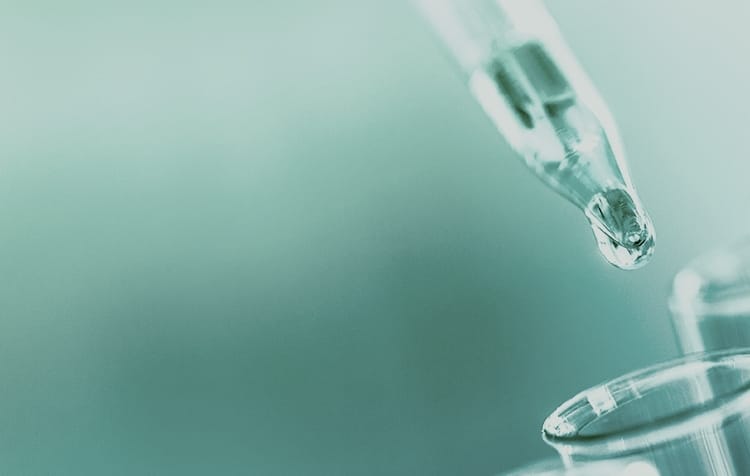Protocatechuic acid
Protocatechuic acid (3,4-dihydroxybenzoic acid, PCA) is a polyphenol antioxidant compound abundant in medicinal plants. It is useful as a pharmaceutical ingredient and functional food material.
GCC has established a bioprocess for the highly efficient production of protocatechuic acid from plant materials. It is aiming to develop a range of applications for bio-based protocatechuic acid.
Overview of Protocatechuic Acid

Protocatechuic acid is a natural polyphenol antioxidant compound found in medicinal plants. It is known to have various pharmacological properties such as antibacterial, antiviral, anticancer, anti-inflammatory, anti-aging, and anti-atherosclerosis effects. These effects make it a promising compound if used as a pharmaceutical or functional food ingredient.
Protocatechuic acid is also useful as a raw material for the production of other useful chemicals such as vanillin (fragrance), catechol, and muconic acid (biopolymer raw material), and as a raw monomer for high-performance polymers.
Protocatechuic acid can be obtained through chemical synthesis from oil resources or extraction from plants. However, the chemical synthesis method is dependent on oil and has a high environmental impact, while the plant extraction method has problems with low yields.
We have succeeded in developing a bacterium with the world's highest level of protocatechuic acid production capacity by strengthening and modifying the intrinsic metabolic pathway of coryneform bacteria and introducing an artificial metabolic pathway. We have established a bioprocess technology for high-yield protocatechuic acid production from renewable plant materials utilizing developed bacterium strain.
We are working on further technological improvements with the aim of achieving the societal implementation of protocatechuic acid by applying this technology in a variety of fields of use.
Uses
| Pharmaceuticals and functional foods |
|
|---|---|
| Cosmetics |
|
| Other |
|
